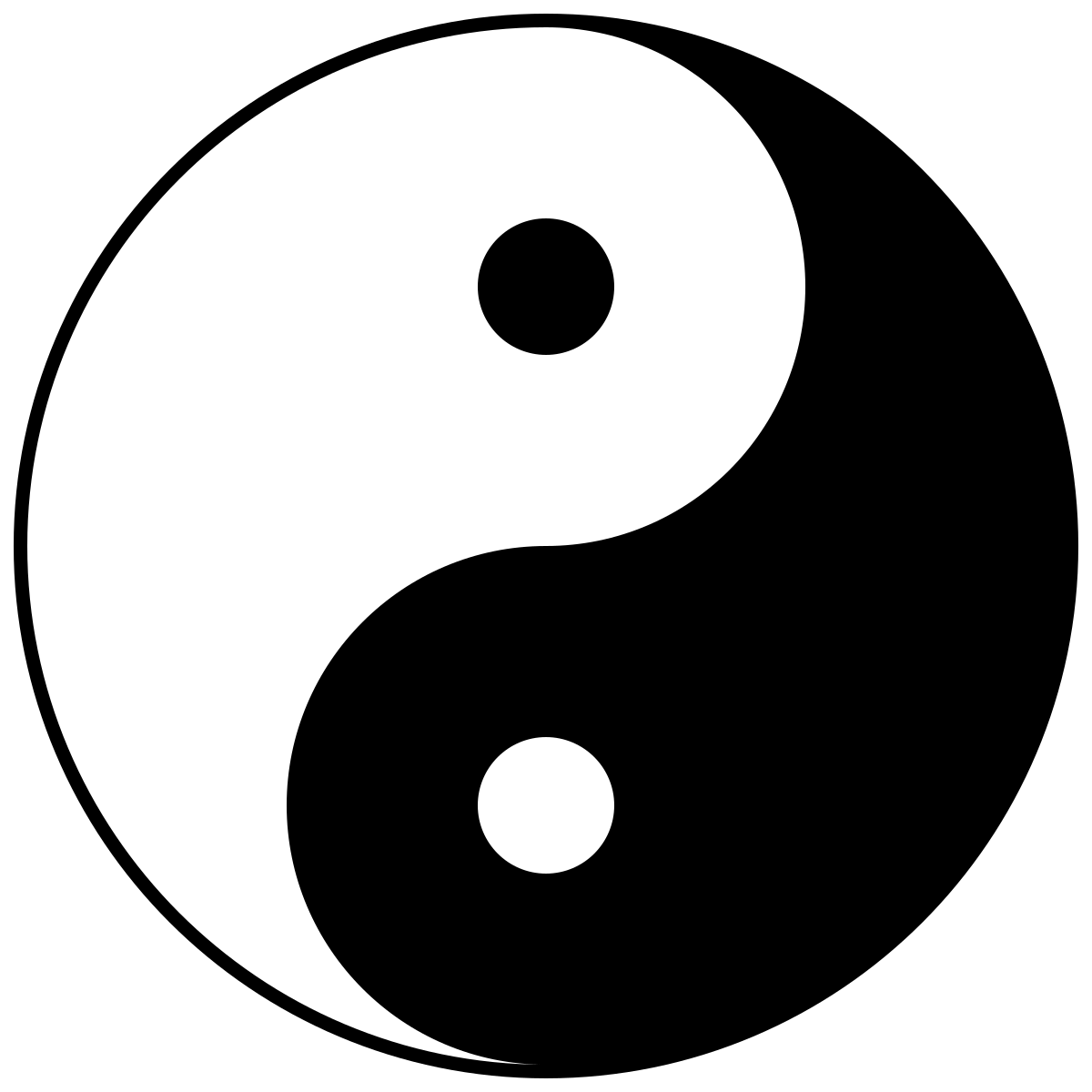Contentment is key to success in life. Not only is this state of mind the only real measure of wealth. It's also a prerequisite for rational action. Without a balanced mind, it's difficult to make good decisions.
This is an age-old insight, especially in the East where Zen has been elevated to religion. However, there's a widespread misconception related to this that we need to be aware of.
Many believe that Zen is an end in itself rather than part of a never-ending cycle. They think that key to success is to blank out everything unpleasant. The idea is to sit in perfect harmony with no needs or desires. But this ignores a basic fact about human existence, namely the need to provide for ourselves and to look out for dangers and opportunities.
Contentment isn't something we can force upon ourselves. Rather, it's something we let in and open up to as much as possible. Contentment is something that typically arises after we've done something worthwhile. People who are good at it feel content whenever they've done something beneficial, however mundane.
Sitting down after having done the dishes is an opportunity to feel content. A good meal can make us feel content. Even going to the toilet can bring on this feeling. There's no lack of opportunities to feel content. However, it cannot and should not be forced. When the feeling of contentment subsides, there's time for action.
If we're particularly good at what we're doing, we bring contentment into the activities of the day. That requires the activities to be done at a pace that's natural and with a skill set that we master. Tending a garden is a perfect example of this. We don't have to sit passively in a corner of our garden to feel content. We can walk about in it and take care of the plants, and still have our Zen moment. In fact, activity is at times more likely to bring on a feeling of contentment than inactivity.
There's no Zen in the act of sitting in a corner of a garden contemplating how our favourite flower wilts for lack of water. Giving it water, on the other hand, will bring back that feeling of contentment. The same goes with any other needed activity left undone. There's no Zen in trying to ignore the list of things that need to be done. However, a good Zen moment will help us prioritize such a list.
Once we've done some needed activity, we should take a moment to reflect over the other things that need to be done. Content with the fact that one thing is already off our list, we sit down and relax. We celebrate that which has been achieved while at the same time contemplating other things that need doing. An urge for action arises soon enough, and we go ahead with the next task, after which we take another break.
All of this comes natural to us if we do things according to the pace that we feel comfortable with. This is why we should be wary of those who brag about their high pace work environment. We should also be wary of those who claim they can achieve Zen no matter how stressful things get. They may be right in what they're saying, but this type of talk is not something we should feel attracted to.
There's no virtue in being constantly busy, and there's no virtue in being able to block out basic needs. Such activities are vices, contrary to nature.
True Zen can only be achieved when rest and activity is in tune with the natural pace of our lives and the world in general.
 |
| Yin Yang |
No comments:
Post a Comment